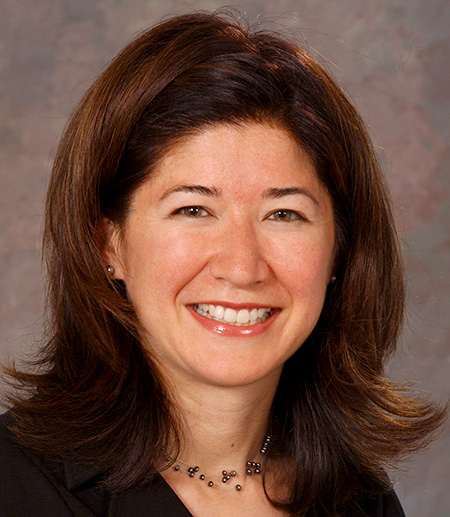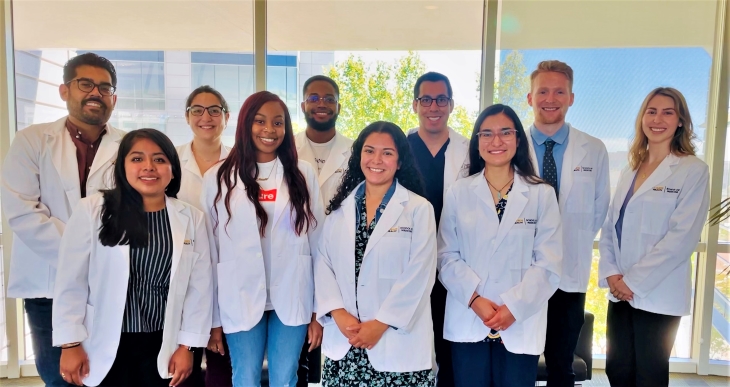UC Davis School of Medicine leader tapped for federal government panel
Associate Dean Tonya Fancher will share primary care training expertise with U.S. Department of Health and Human Services
A UC Davis medical school dean has been appointed by the U.S. Health and Human Services secretary to a national advisory committee that provides recommendations on training in primary care medicine.

Tonya Fancher, associate dean for Workforce Innovation and Education Quality Improvement, recently began serving a three-year term on the Advisory Committee on Training in Primary Care Medicine and Dentistry.
The committee consists of up to 17 members appointed by Secretary of Health and Human Services Secretary Xavier Becerra. Members are health professionals from a range of primary care professions. Fancher represents a spot reserved for someone with a background in general internal medicine.
The committee also benefits from Fancher’s deep experience with workforce development: In her role as an associate dean for the School of Medicine, she oversees initiatives designed to diversify California’s physician workforce, especially in locations where they can care for the state’s most vulnerable residents.
“I am incredibly humbled by this appointment and look forward to sharing the work UC Davis has done in helping to close the primary care workforce gap in our region,” Fancher said. “I hope the success of our Community Health Scholars programs and other innovative initiatives will inform the committee’s work.”
In recent years, UC Davis has developed a growing number of medical education programs to meet current and future workforce needs:
- ACE-PC, which compresses medical school into three years
- TEACH-MS, for students to train in urban, underserved settings
- REACH, which allows students to deliver care in the Central Valley
- Rural-PRIME, for students who will become physicians in rural California
- Tribal Health PRIME, for those who want to work in American Indian and Alaska Native populations
- COMPADRE, which trains students and residents to care for underserved populations in rural pockets between Sacramento and Portland
The advisory committee provides advice and recommendations on policy and program development and is responsible for preparing and submitting an annual report to Becerra and Congress.

Fancher elaborated on the significance of her role for UC Davis:
What does it mean for UC Davis to have a seat on this national committee?
This appointment reflects UC Davis’s track record of exceptional and innovative work in training diverse primary care clinicians. It’s an enormous honor to join the multi-professional team from across the U.S. and to have the opportunity to develop performance measures, publish guidelines for longitudinal program evaluations and even recommend appropriation levels for federal Health Resources & Services Administration programs.
What contributions can UC Davis make on the committee?
This is an opportunity for UC Davis to help influence the national agenda on primary care training and faculty development in several primary care professions and disciplines: family medicine, general internal medicine, general pediatrics, preventive medicine, physician assistants, general dentistry, pediatric dentistry, public health dentistry and dental hygiene.
What kind of work will the committee perform?
We are now embarking on the first of two reports for this year. The first will focus on workforce innovations, including a focus on accelerated pathways to practice, like our ACE-PC program, a pathway that puts a selected group of medical students through school in three years in order for them to more quickly enter the workforce and fill dire shortages. The committee will also spend the next year researching programs, hearing from national experts, and developing recommendations for the secretary.
What would be an ideal outcome of the committee’s work?
I think success would be ensuring continued and new appropriations for promising primary care practices that improve health equity and outcomes for the nation’s most vulnerable patients.
Do you expect the committee’s work to benefit patient care?
Equitable, accessible, humble and high-quality care is the north star for the committee. The work centers around improving care for the most vulnerable – a mission that I feel deeply connected to.
